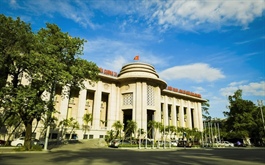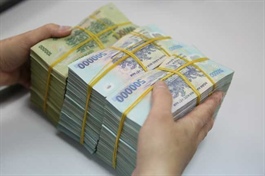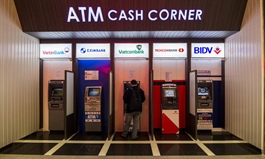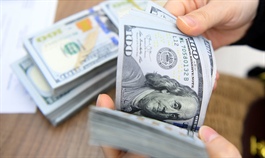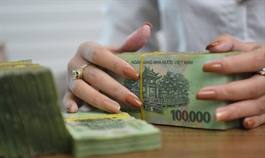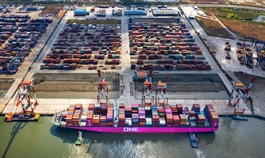Flexible, cautious monetary policy management bears fruit
Flexible, cautious monetary policy management bears fruit
Viet Nam’s economy was adversely affected by the COVID-19 pandemic in 2020, along with natural disasters and the impact of trade conflicts. 
But the State Bank of Viet Nam (SBV) managed the monetary policy flexibly and cautiously, in combination with other fiscal and macro-economic policies, to curb inflation, stabilise the macro economy as well as monetary and foreign exchange markets, and support economic recovery.
The SBV adopted one of the quickest and strongest monetary policy responses in the world.
According to Bui Thuy Hang, Deputy Director of the SBV’s Monetary Policy Department, the central bank worked to ensure smooth liquidity for credit institutions and helped the monetary and foreign exchange markets stay firm, thus enabling credit institutions to cut interest rates.
It cut policy rates three times, by 1.5-2 per cent per annum, which was among the largest reductions in ASEAN, she said.
Analysts said the moves taken by the SBV and other banks brought lending and deposit rates down to their lowest levels in recent years.
Dr Vo Tri Thanh, Director of the Institute for Brand and Competitiveness Strategy, said the central bank’s interest rate cuts had benefited both banks and businesses while not affecting macro-economic stability and inflation control efforts.
SBV Deputy Governor Dao Minh Tu said the central bank would continue with its flexible management of monetary policy on the basis of the National Assembly’s targets as well as macro-economic and monetary developments at home and abroad.
Notably, it would focus on rolling out a project on cashless payments, completing infrastructure in service of such payments, instructing credit institutions to minimise costs in order to reduce lending rates, streamlining procedures, and making it easier for customers to access production and business loans.
Tu emphasised the need for the banking sector to grant loans to prioritised sectors and closely supervise fields with potential risks.
Regarding the settlement of bad debts, Nguyen Trong Du, Deputy Chief Inspector of the SBV’s Banking Inspection and Supervision Agency, said inspections and supervisions over the operations of credit institutions would be stepped up.
Those posting poor performance would be restructured, he said, using suitable methods.
SBV Governor Nguyen Thi Hong said the bank would further its co-ordination with management agencies to implement solutions to push ahead with cashless payments and facilitate fintech, while optimising the opportunities to promote the digital economy in Viet Nam and in the banking sector in particular.




